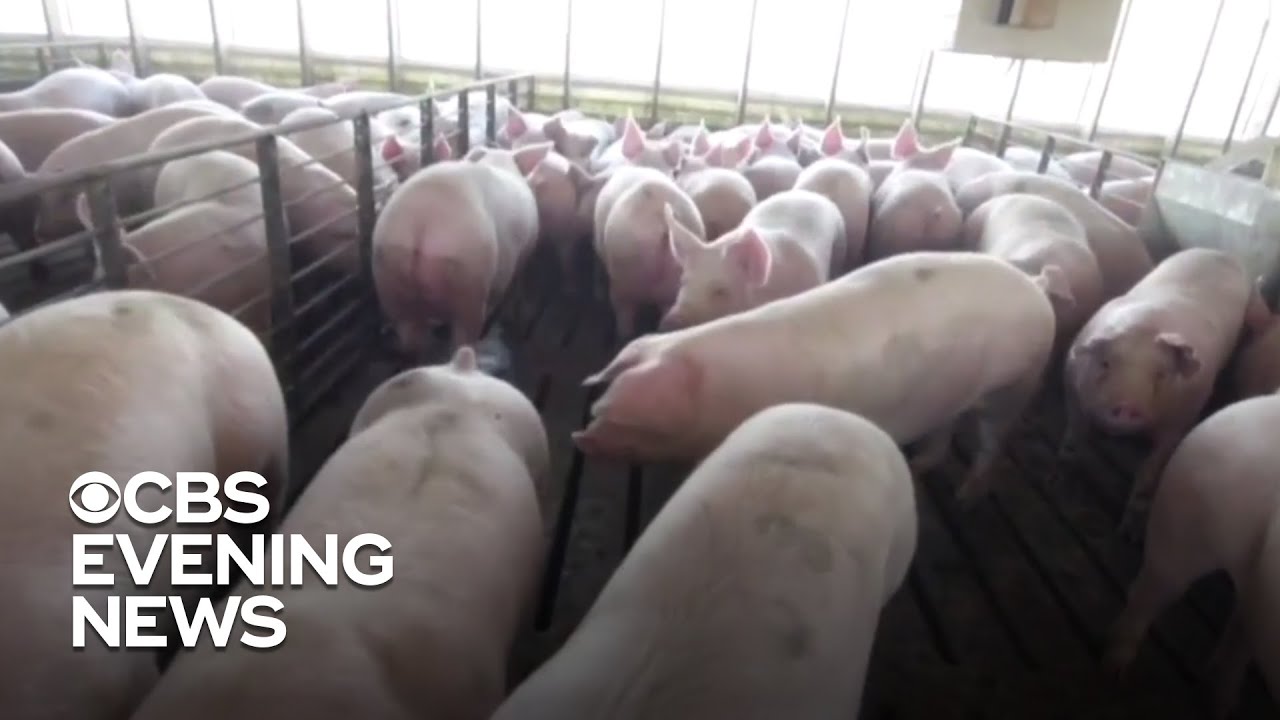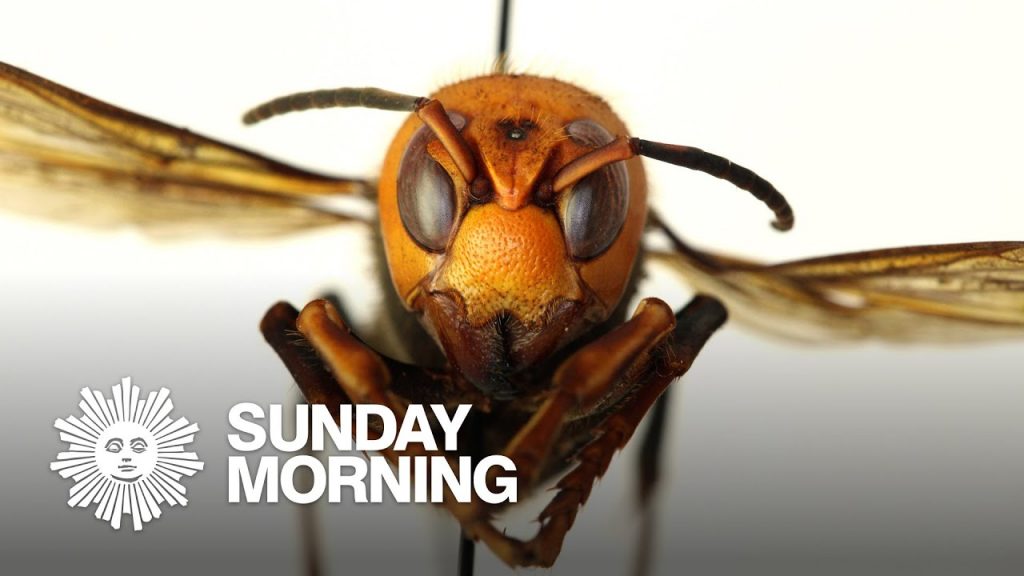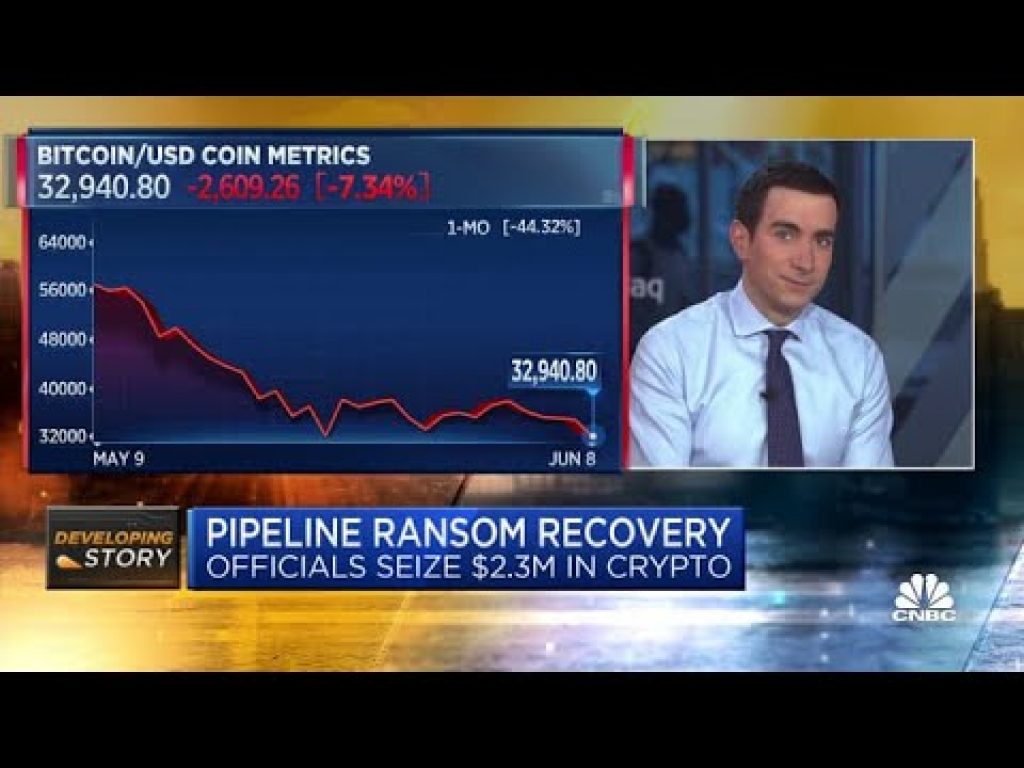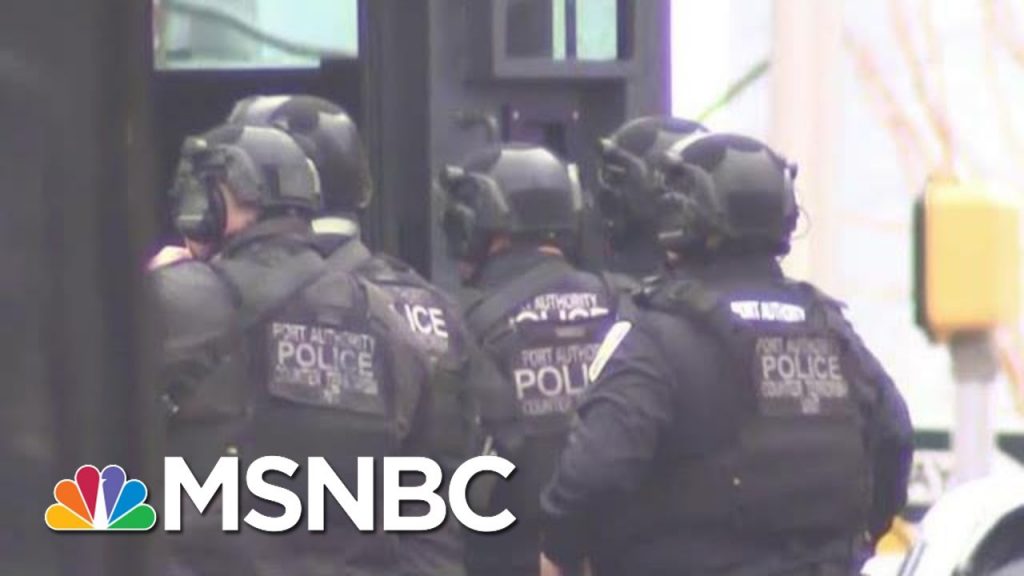Fears over meat shortages as virus impacts food supply chain

Meat Shortages
President Trump says he will invoke the Defense Production Act to order meat processing plants to stay open during the pandemic.
What improvements must be made to the food supply chain to prevent similar crises in the future and ensure overall resilience and sustainability?
The COVID-19 pandemic has not only caused a global health crisis, but it has also disrupted various industries, including the food supply chain. The virus outbreak has caused several meat-processing plants to close, leading to anxiety and concerns over imminent meat shortages.
The pandemic has caused significant logistic problems in the food supply chain, and the meat industry is no exception. Various meat processing facilities in the United States, Canada, Europe, and South America have closed their doors temporarily due to COVID-19 outbreaks among plant workers. As a result, the availability of meat in supermarkets has drastically reduced, causing alarm among consumers who fear the possibility of an impending meat deficit.
The closure of meat processing plants has resulted in a reduction in the production of various types of meat, including beef, pork, chicken, and lamb, which has severely impacted both meat most abundant in the United States and meat intended for export. The decreased production of meat has also resulted in a rise in prices in some areas, further exacerbating concerns of a possible meat shortage. Reports have shown that the price of ground beef increased by as much as 25% in some areas.
The meat industry is an essential sector that contributes significantly to the food security and economy of several regions globally. Meat processing plants employ millions of workers, and the closure of these facilities has resulted in job losses and economic setbacks for several communities.
The meat industry’s supply chain is incredibly complex, with numerous stages involved from the breeding of animals to the processing and packaging of meat products. Each stage requires precision and timing to ensure that the meat reaches consumers before it spoils. The COVID-19 pandemic has disrupted this process, leading to a significant backlog of meat products on farms and slaughterhouses, which are now struggling to find ways to get their products to the consumers.
As governments and companies try to tackle the meat shortage problem, various temporary measures have been put in place to mitigate some impact. Some countries have sought to relax regulations to reduce the backlog of animals on farms, while others have explored potential solutions such as freezing meat to preserve it temporarily.
The outbreak of COVID-19 has exposed the vulnerabilities of the global food supply chain, and more needs to be done to create more resilient and robust systems capable of withstanding similar crises. Companies must adapt to prevent similar outbreaks by introducing stringent safety and health protocols for workers, while governments must support these measures by providing necessary resources.
In conclusion, the COVID-19 pandemic has caused significant difficulties for the meat industry and raised concerns over a possible meat shortage. While companies and governments continue to work together to find temporary solutions, there is an urgent need for significant improvements to the food supply chain’s overall resilience and sustainability to prevent such crises in the future.









Jeff Zucker resigns from CNN in stunning announcement
Jersey City Shooting Leaves Officer Shot In Head
What’s going on with China’s economy? – BBC News
Coronavirus Cases Hit 174,000 Worldwide, Deaths Exceed 7,000
4 Quarantined Cruise Ship Passengers Share Their Experience